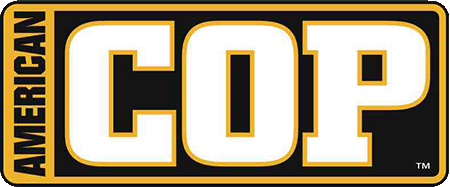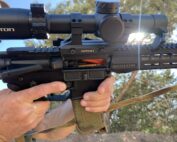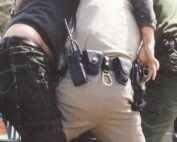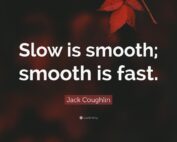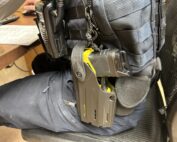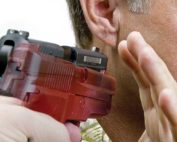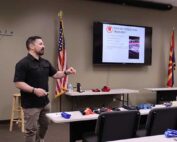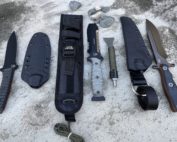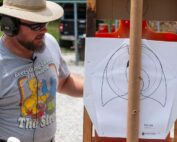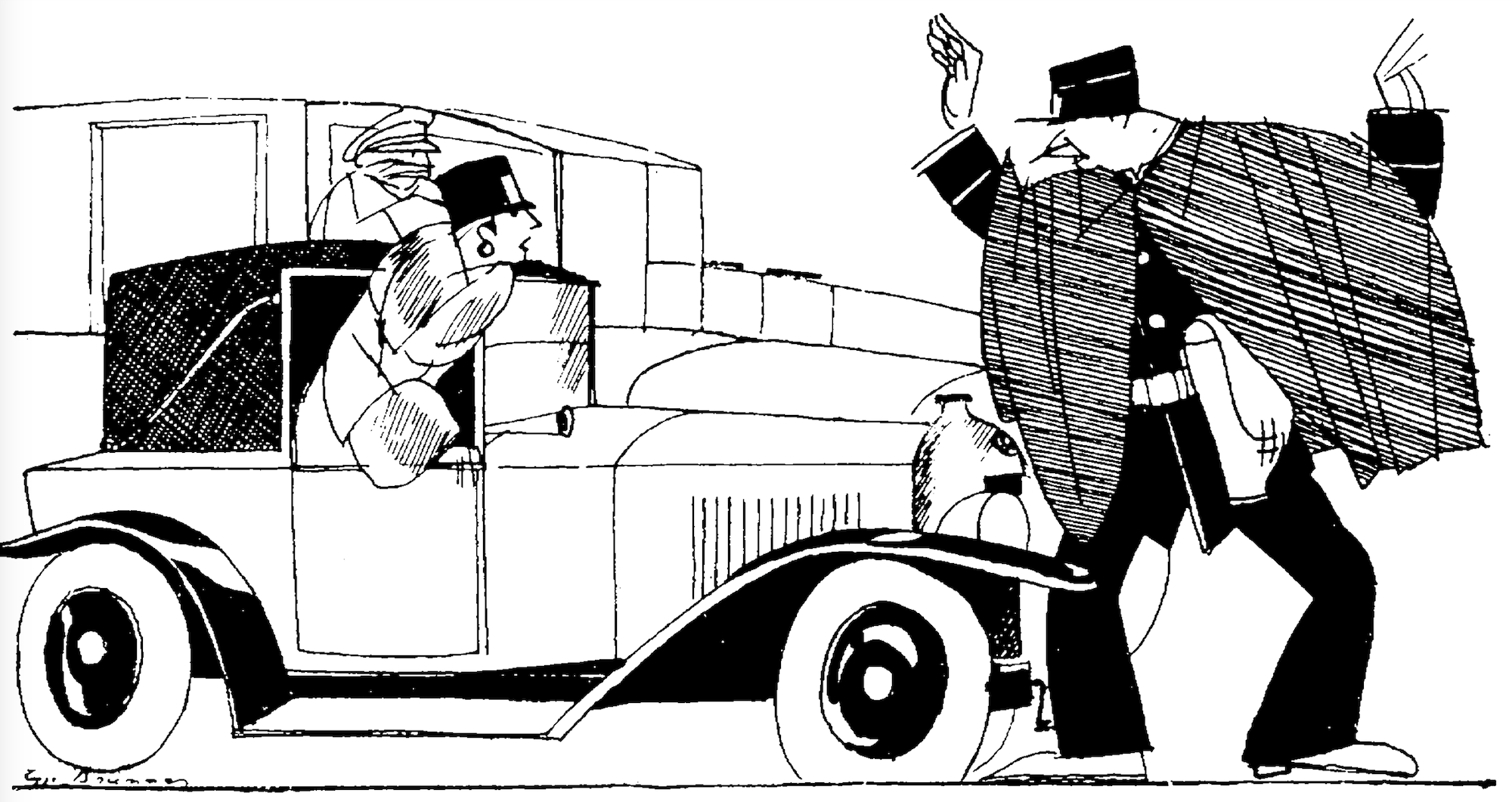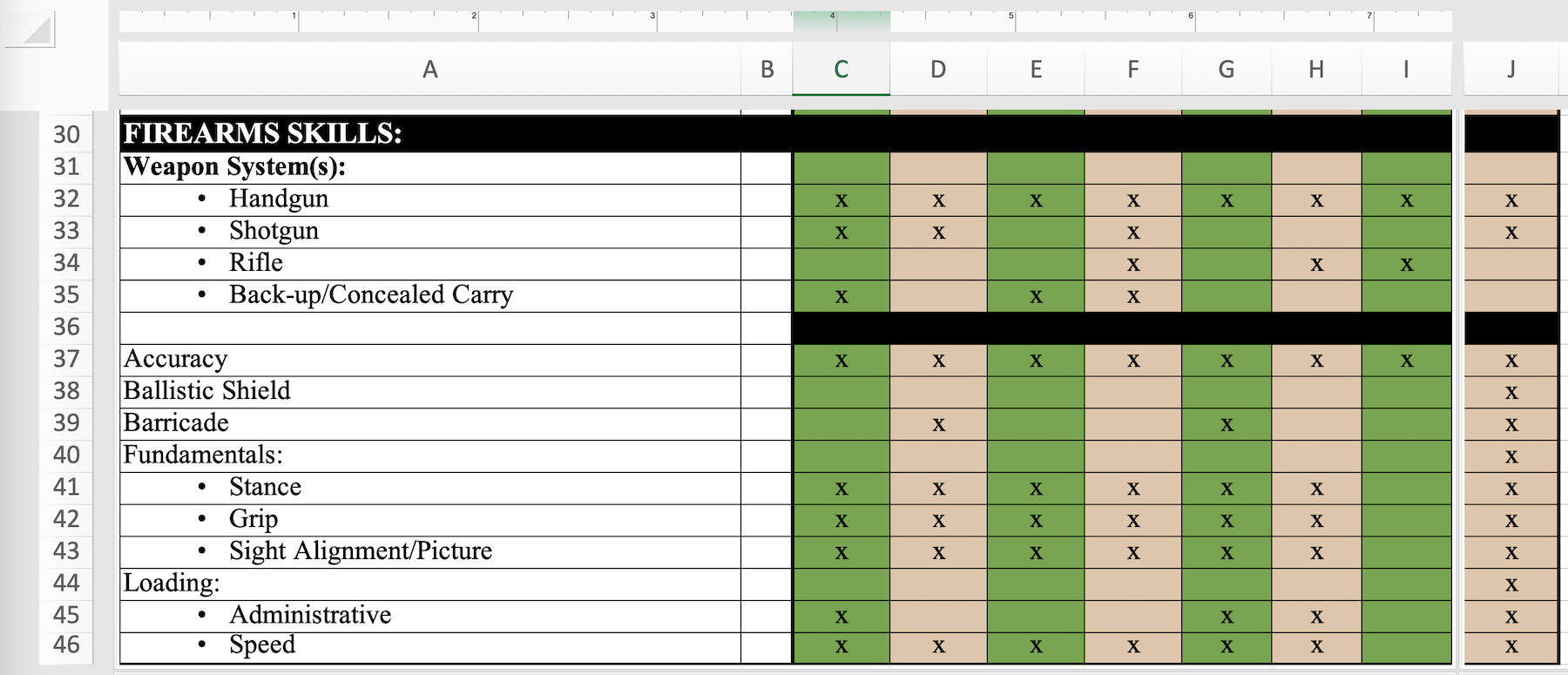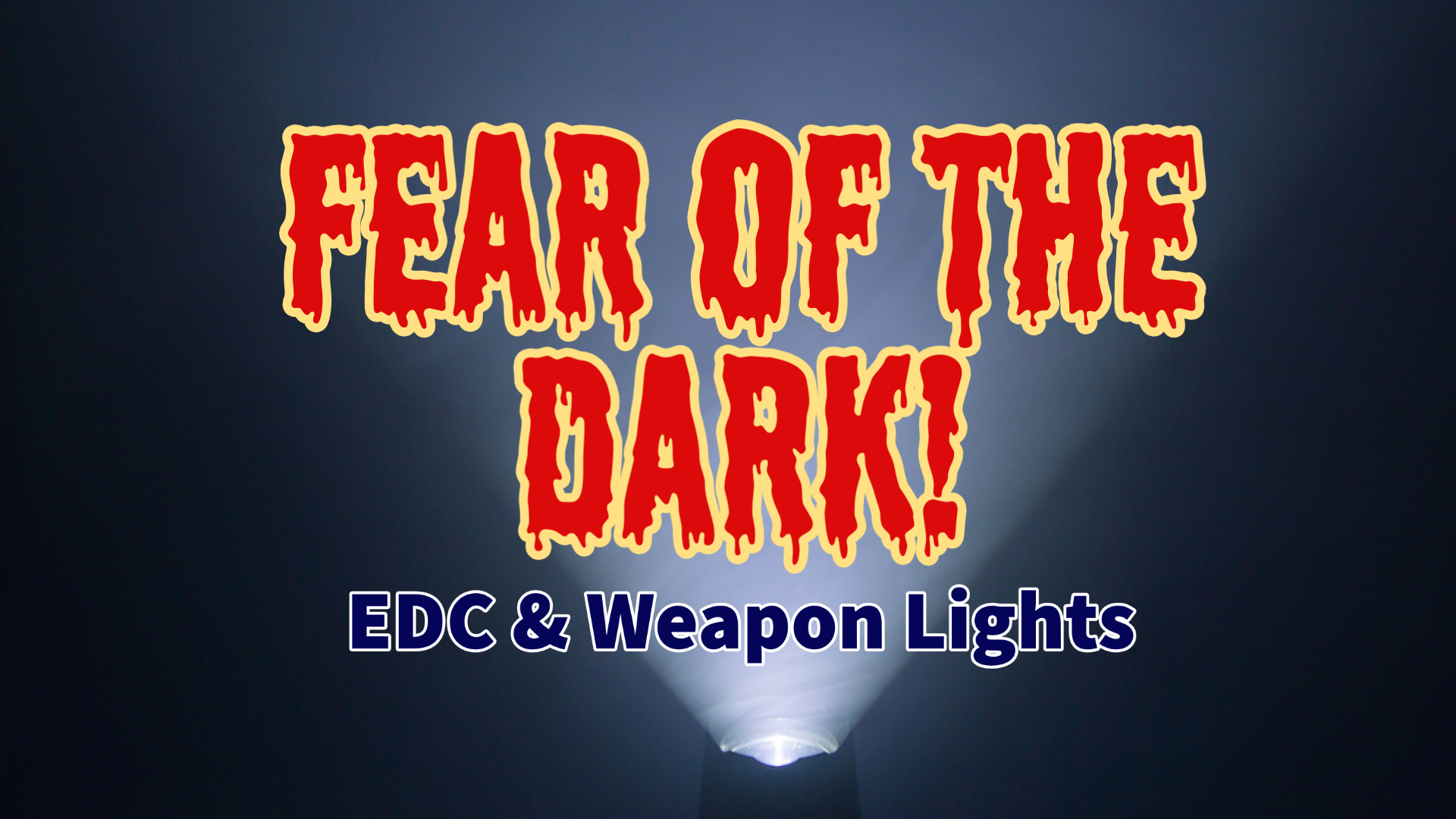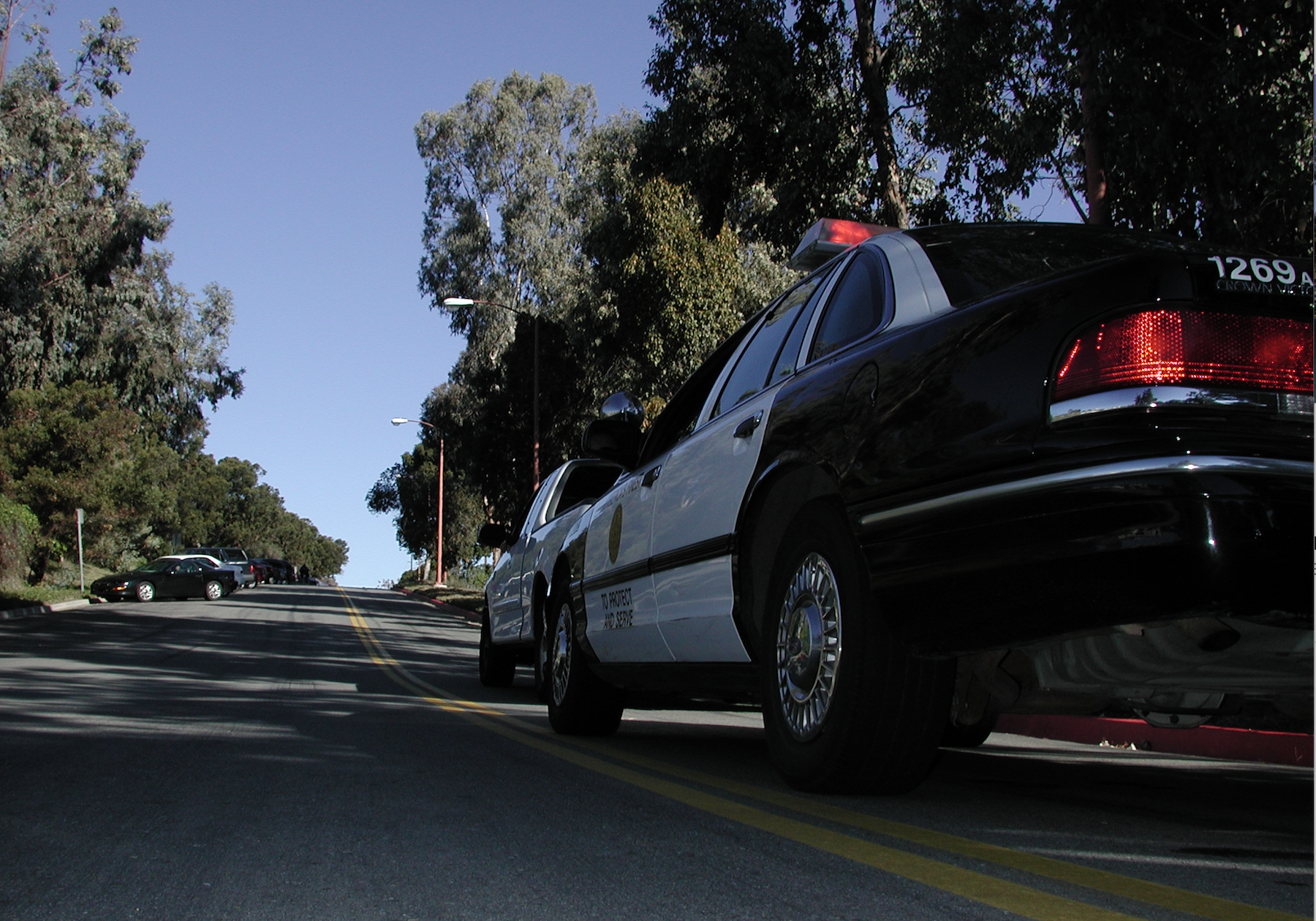
badge
Interestingly, since the first of my columns appeared, every single topic I have addressed has resulted from reader suggestions or requests. Does everyone agree with my perspective? Of course not, and they shouldn’t. There’s room in every profession for differing opinions and constructive disagreement. Just this past month, a reader asked why I seem to be so opposed to much of what I see in law enforcement today. He went so far as to suggest I might be one of those Neanderthals I detested so much earlier in my career.
In reality, I’m not opposed to much of what I see in law enforcement today. I recently had the opportunity to teach several classes at an academy, attended by those just beginning their journey in the profession. I found their intelligence, enthusiasm, desire and motivation to be everything one could hope for in a professional cop. I deal with young, relatively new law enforcement officers on a daily basis. I find them to be every bit as good, if not better, at what they do than many of my generation who worked the streets ages ago.
Clearly, there’s much to like with the tools and technology commonplace in police work in 2012. In short, most of what I see, I like. There is, however, a serious shortcoming in our profession, and it’s not one restricted to just a few agencies. That shortcoming, in my view, is leadership. And, if leadership in law enforcement leaves a lot to be desired, as I think it does, it doesn’t bode well for the future.
What’s Missing?
The thing missing, to put it bluntly: credibility. An absence of credibility results from several related shortcomings. First is a lack of honesty, and second of real-world experience, with an overabundance of what I call “textbook.” There’s also more focus on too many leaders advancing their personal agendas, rather than helping the troops advance their skill levels. And finally, I see a serious disconnect between the world in which the leader operates and the world the men and women on the street function in.
The lack of honesty is born of political correctness. Let’s say your agency has its budget slashed; you and everyone you work with know as a result officer safety will be jeopardized, response times increased and enforcement levels will drop. What does the boss say to the public? “We will continue to provide the appropriate level of service.” Hogwash!
I have nothing against college degrees. I have a master’s degree in Criminal Justice Administration, myself. But any police leader, whose credentials are mostly academic, without a sufficient dose of street experience to balance out what the ivory tower thinkers preach in the classroom, will be ineffective — and too many today are just that. Publisher, Roy Huntington, covered this very topic in his From the Publisher column (Nov/Dec 2011). As a retired cop, he noticed it too. He said, “It’s easy to get so focused on an educational goal — you lose contact with reality.” And he’s right.
The disconnect between one who rides a desk and one who drives a patrol car is becoming much more common. There was a day in our history when the top cop would roll up his sleeves, hit the streets and get his shoes dirty. It was because workload demanded it, he thought it set a positive example, or he actually still had some cop left in him. That seldom occurs today, except on very small agencies, where the chief often continues to work the field, and is an integral part of the team.
Too many bosses today live in a world of politics, appeasement and advancing agendas, which may or may not have much to do with police work. The troops, on the other hand, keep on doing the heavy lifting. And it seems more often than not, they do it for a leader who neither understands nor appreciates what goes on in a dark alley at 0200 hours.
The Future
To the extent what I say is true, will, over time, have a detrimental effect on our profession. In agencies with a long history of poor leadership we see the results already. Agencies led by inadequate leaders do not retain the best officers — they leave and go elsewhere. Agencies with inadequate leadership stagnate. Organizations with poor leadership can become corrupt. I know of one agency in particular having its own in-house gangs, whose members are nearly as predatory as the Crips, Bloods or MS 13. True story, and I’m not exaggerating! You only have to look at the news to read of out-of-control special units, who eventually get indicted for wholesale criminal acts. That can only occur if there is poor — or no — leadership.
The reality today in many agencies is, in fact, the best leadership often comes at the lowest levels in the organization. The street cops, or at best, first line supervisors, have the experience and integrity all too often lacking at the top. That explains, at least in part, why American COP holds the working street cop in high esteem, and demands — even expects — leaders to rise to the occasion to support these officers. The working cop’s level is, indeed, where the future rests.
Questions, comments and suggestions for future columns can be sent to Jerry at [email protected]
View Of The American COP July 2012 Issue Now!
